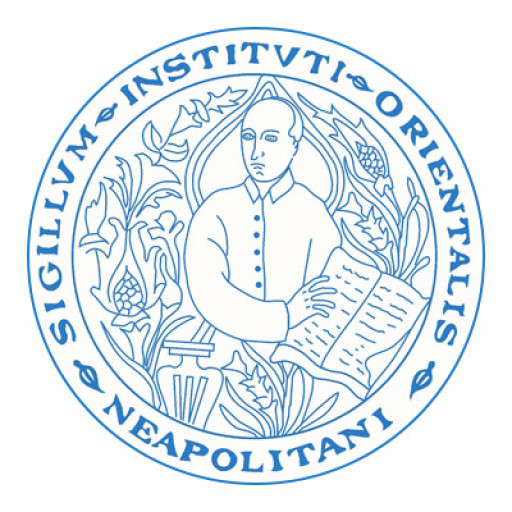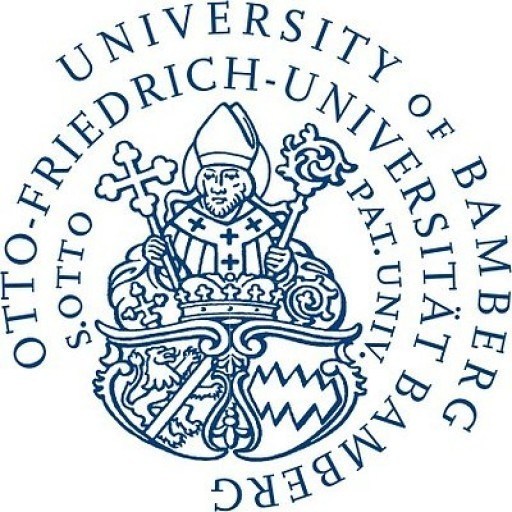Photos of university / #ucl
The European History MA is designed to encourage students to pursue their interests in European history in depth, at the same time as maintaining a broad view of the history of Europe and its region as a whole.
Students are introduced to different theoretical, methodological and historiographical approaches of writing European history. The chronology of the various components covers the ancient, medieval, early modern, modern and contemporary periods.
Students undertake modules to the value of 180 credits.
The programme consists of three taught elements: core module (30 credits), compulsory European language module (up to 30 credits), optional modules (up to 45 credits), and dissertation (90 credits).
Core modules
- Advanced Skills, Concepts and Theory for MA Historians
- Modern European Language
Optional modules
Options may include the following:
- History and Theory of European Integration
- The Practice of Toleration in Early Modern Europe
- Globalisation in the 20th Century
- The Public Sphere in Britain, 1476–1800
- Crisis and Future in 19th-century European Thought
- Identity and Power in Medieval Europe AD 500-1300
- Adam Smith and the State
- Paradoxes of Enlightenment: German Thought from Liebniz to Humboldt
- Trade, Money and Institutions in the Ottoman Mediterranean 1600-1914
- Vichy France: Between Collaboration and Resistance
- 'Imagined Communities': Regionalism & Minority Nationalism in Modern Europe
- British Politics in the Era of Decolonisation, c.1945-1982
- Gender and Sexuality in Modern Britain: 1850 to the present
- Students may take modules from other UCL departments including:
- The School of European Language Culture (SELCS)
- Institute of the Americas and the School of Slavonic and Eastern European Studies (SSEES)
Dissertation/report
All students undertake an independent research project on a topic in European History which culminates in a dissertation of up to 15,000 words.
Teaching and learning
The programme is delivered through a combination of lectures, seminars, tutorials, and a language module taught either through the UCL Centre for Language & International Education or through the language departments. Students will be assessed by a variety of methods including unseen written examination, oral assessment, written coursework and the dissertation.
A minimum of an upper second-class Bachelor's degree in a relevant discipline from a UK university or an overseas qualification of an equivalent standard.
Jean Orr Scholarship
Value:
£7,000 (1 year)
Eligibility:
UK, EU, Overseas students
Criteria:
Based on academic merit
Wellcome Trust Scholarship
Eligibility:
UK, EU, Overseas students
Criteria:
Based on academic merit





